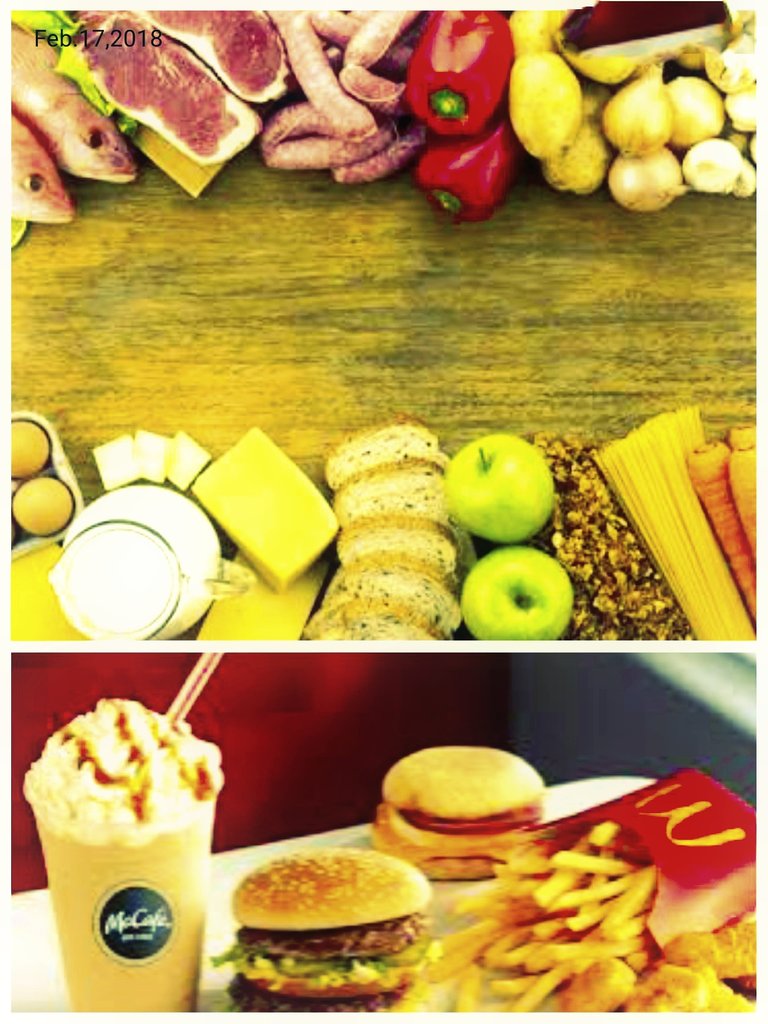Last week, over a plant-rich lunch beneath the Phoenix sun, a various cluster of GreenBiz attendees gathered to debate all things supermolecule. On the table was an issue that the supermolecule Challenge cluster has been wrestling with the past few years: As we tend to approach the nine billion world population mark in 2040, however can we tend to feed folks enough supermolecule in a very means that is reasonable, healthy and sensible for the planet?
What's clear concerning this grand challenge is that we'd like to tackle each production and consumption.
We know shifting people's diets for health and property are going to be no tiny effort, however there's growing interest in supermolecule diversity from customers, and corporations ar innovating chop-chop to form exciting and appealing new plant-based product. however the perception that supermolecule equals meat continues to be a big barrier, and that we apprehend this is {often|this can be} often socially and culturally inculcated at a young age. that is one reason why the supermolecule Challenge 2040 initiative is staring at recuperating plant-protein choices into college meals, with education being a key piece of the puzzle.
On the opposite facet of the coin, once customers do eat meat, fish and dairy farm as a part of a various diet, we'd like to form certain they're made within the most property means potential. Central to the current is what we tend to feed our eutherian mammal and fish.
Animal feed may be a important however unseen input to the food trade that has important implications for environmental health and food security, however however isn't talked concerning. we tend to use precious resources like land, water and energy to rear animals. Forty-five % of worldwide greenhouse emission emissions from eutherian mammal production ar associated with feed production and process. concerning half world agricultural land is employed for feeding animals, and quite a fifth of wild-caught fish is fed to animals. In several countries, eutherian mammal production is fast deforestation and variety loss, further as water insufficiency — irrigation of feed crops consumes twelve % of worldwide groundwater and surface water.

Very important article
This post has received a 0.58 % upvote from @drotto thanks to: @tushar64.
Thank you tushar64 for making a transfer to me for an upvote of 1.08% on this post!
Half of your bid goes to @budgets which funds growth projects for Steem like our top 25 posts on Steem!
The other half helps holders of Steem power earn about 60% APR on a delegation to me!
For help, will you please visit https://jerrybanfield.com/contact/ because I check my discord server daily?
To learn more about Steem, will you please use http://steem.guide/ because this URL forwards to my most recently updated complete Steem tutorial?
Good food
go ahed brother.... by the way, can you give me your phone number plzzz